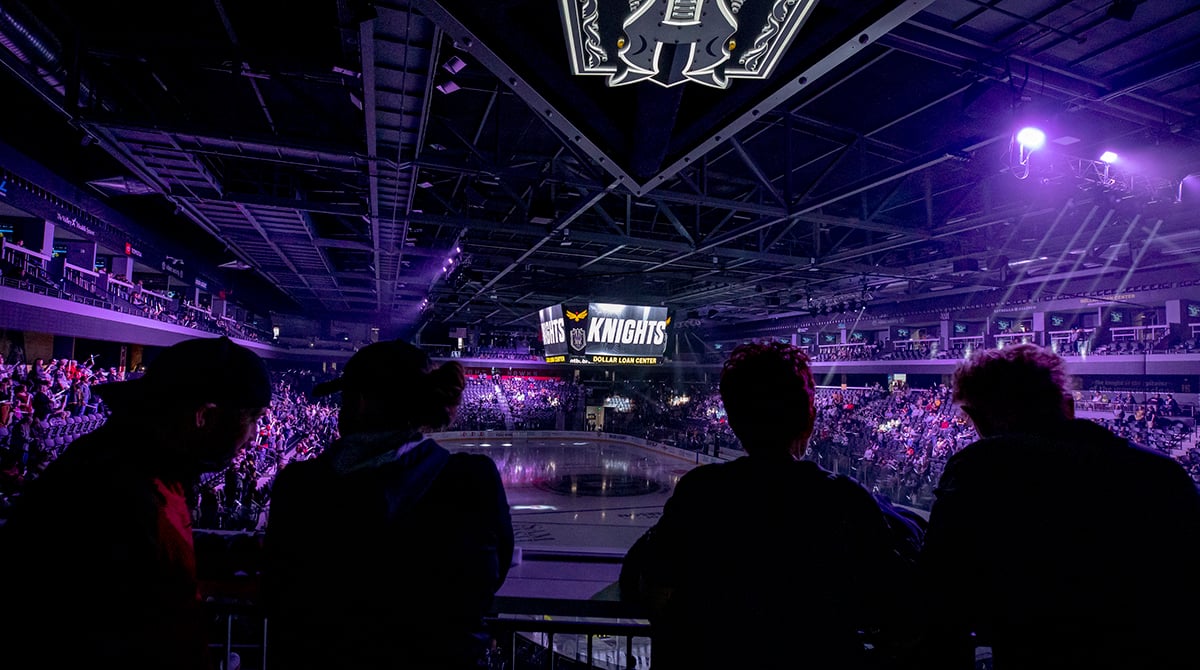
How new technology changes the way fans engage with sports
Technology presents sports franchises with a vital opportunity to expand their fan base, enhance loyalty and boost revenue. It's reshaping the sports experience, not just within stadiums but also by reaching a wider audience beyond the venue's confines.
Why is technology in sports so important?
Technology plays a critical role in many aspects of professional sports. Coaches use performance measurement technology to improve players and their results while analyzing data serves as an essential tool for devising winning tactics. In the stadium, technology improves safety, communications and site operations.
Increasingly, franchises recognize that new technology in sports is also key to fan engagement. Loyal fans are just as important as top-performing players to commercial success. That’s a significant challenge when competition for fans’ attention has never been fiercer.
Fans still love their sport and team, but live streaming, social media and other digital distractions can get in the way. These distractions make it harder for fans to fully engage with their favorite teams. Despite their passion, fans may find it challenging to stay focused on the game. So, what factors contribute to the appeal of a live game?
The evolution of fan engagement and technology in sports
Traditional methods of fan engagement, such as cheerleading, mascots and team museums remain relevant. However, in today's digital age, they are no longer sufficient on their own. To captivate a new generation of fans who consume sports content predominantly outside the stadium, franchises must adopt innovative solutions. But how can they effectively attract this vast audience?
Experiential technology is the key ingredient. It introduces thrilling new ways to engage with sports and revolutionizes the stadium experience, enticing more fans to attend live games and converting online viewers.
Just ask the fans – nearly 70 percent of respondents to a CapGemini study stated that emerging technologies have significantly enhanced their overall viewing experience, whether inside or outside the stadium.
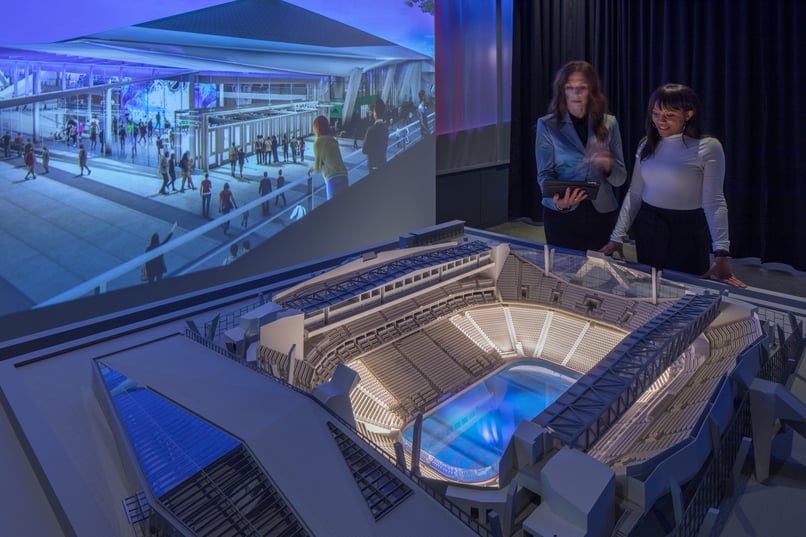
How experiential technology is transforming fan engagement
Experiential technology is reshaping the landscape of live sports, providing fans with a premium ticket experience unlike any other.
Franchises across various sports are introducing initiatives aimed at enhancing fan engagement. Personalized digital content and interactive social media campaigns are becoming commonplace, while virtual meet-and-greet sessions with players are strengthening the bond between fans and their favorite teams.
Augmented reality (AR) has emerged as a game-changer, allowing fans to immerse themselves in the game like never before. Through AR overlays, fans can access real-time player stats and replays, while virtual reality (VR) experiences offer unique perspectives, such as being on the field alongside players. For instance, baseball teams are offering fans apps that allow them to track every shot's trajectory during a game using their cameras.
Moreover, Franchises are equipping interactive fan zones with immersive experiences, interactive displays and AR/VR simulations. These create memorable moments for fans, fostering a deeper emotional connection with the team.
Experiential technology is helping meet the changing expectations of new audiences, particularly attracting younger fans who are early adopters of new technologies.
Experiential technology in action
The emphasis on fan engagement is revolutionizing stadiums worldwide, breathing new life into these iconic venues. Recognizing the significance of future-proofing stadiums, major global franchises are embracing experiential technology to ensure an immersive and captivating experience for fans.
Populous, one of the world's largest stadium architects, is briefing partner clubs on how to best incorporate AR in their plans. Barcelona’s plans for stadium redevelopment look to make the most of both AR and the metaverse going forward.
The Atlanta Hawks Preview Center offered fans a deep dive into how their new arena would transform basketball games, concerts and events. Within a recessed 'Projection Pit,' detailed videos project onto a 3D grayscale model of the arena below, allowing guests to explore the venue's layout and envision optimal seating positions.
At the NHL Seattle Preview Center projectors illuminate a 3D scale model of the arena with meticulously mapped content. Guests are captivated as custom logos, serving as enticing representations of potential sponsors, are projected onto the model.
The National Museum of Racing and Hall of Fame in Saratoga Springs has undergone a modern transformation with the introduction of a new Hall of Fame tailored for the 21st century. Among its highlights is an immersive 360° cinematic experience that surrounds visitors. Touchscreen monitors seamlessly blend into projected portraits on the walls, allowing guests to interact with customized multimedia content and delve deeper into the lives and achievements of Hall of Fame members.





Does new technology in sports benefit franchises?
Experiential technology stands as a cornerstone for the commercial prosperity of sports franchises. According to the CapGemini study, 56 percent of fans expressed a willingness to attend more matches, while a staggering 92 percent indicated they would spend more on online subscriptions.
Here’s how new technology in sports benefits franchises in three important ways:
-
Enhanced premium ticket experience - Experiential technology can revolutionize live sport by offering fans a premium ticket experience. By offering cutting-edge experiences, franchises can attract high-end clients willing to pay a premium for enhanced entertainment and engagement.
-
Fosters a loyal fanbase - Experiential technology can foster a sense of pride among fans by offering them innovative ways to connect with their favorite teams. Loyal fans become brand ambassadors, generating positive word-of-mouth for the franchise and bolstering its reputation.
-
Positions franchise as a leader in innovation - Incorporating experiential technology showcases a commitment to innovation, setting the franchise apart from competitors. This not only attracts tech-savvy fans but also appeals to sponsors and investors who are drawn to cutting-edge ventures.
What role do sports technology companies play?
Stadium experiences entail unique design and technology demands, distinct from other spaces. That’s why it’s essential to partner with experiential technology companies early in the process for expert advice, design, integration and support.
Sports technology companies provide a comprehensive end-to-end service that includes detailed technical design, build, system integration, project management and support. This approach ensures that the final outcome aligns seamlessly with the original design vision.
Alex Westerh
Alex Westerh, Director of Marketing at Electrosonic, boasts a prolific writing career focused on the intersection of technology and business. With experience at industry-leading firms, he possesses a deep understanding of the dynamics influencing strategic decisions in technology investments. As a key author on several projects, Alex has adeptly highlighted the pivotal importance of technology in driving business evolution.










.jpg?width=1500&height=995&name=ELC501_N17_medium%20(1).jpg)

![[Get the Ultimate Guide to Experiential Technology]](https://no-cache.hubspot.com/cta/default/5104351/3780c505-4d30-49ca-b44b-ad8dd4068ee8.png)





.jpg)

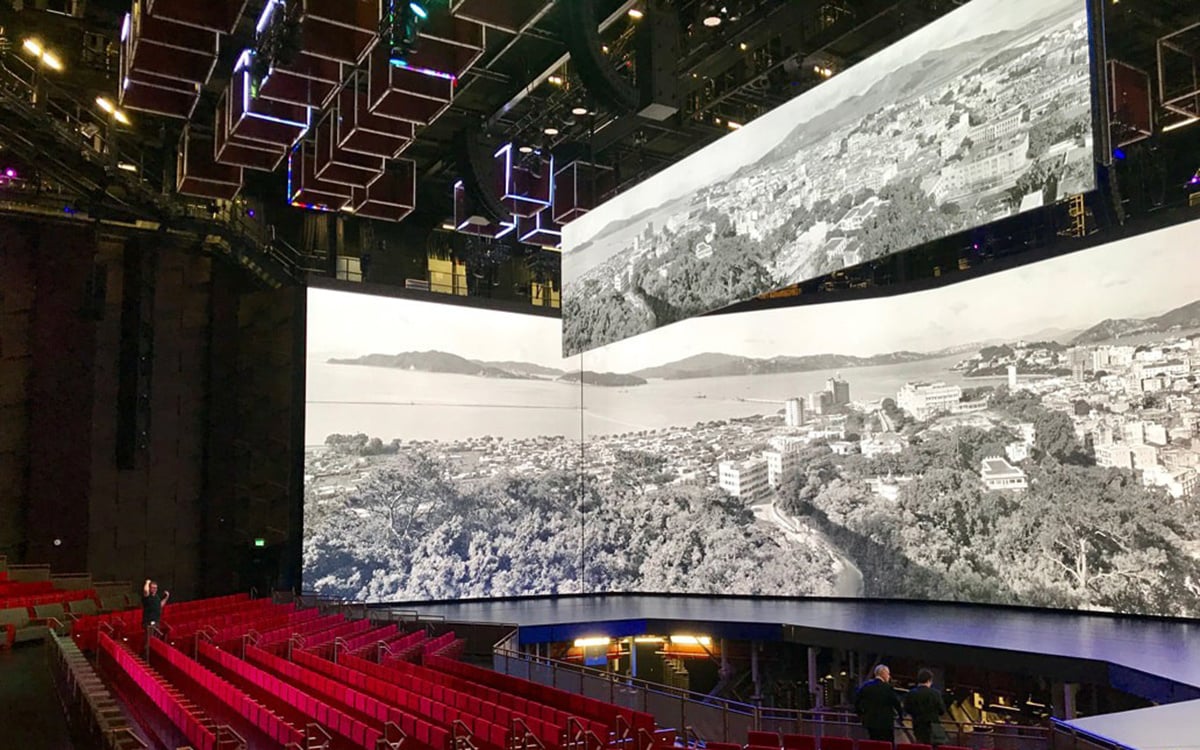

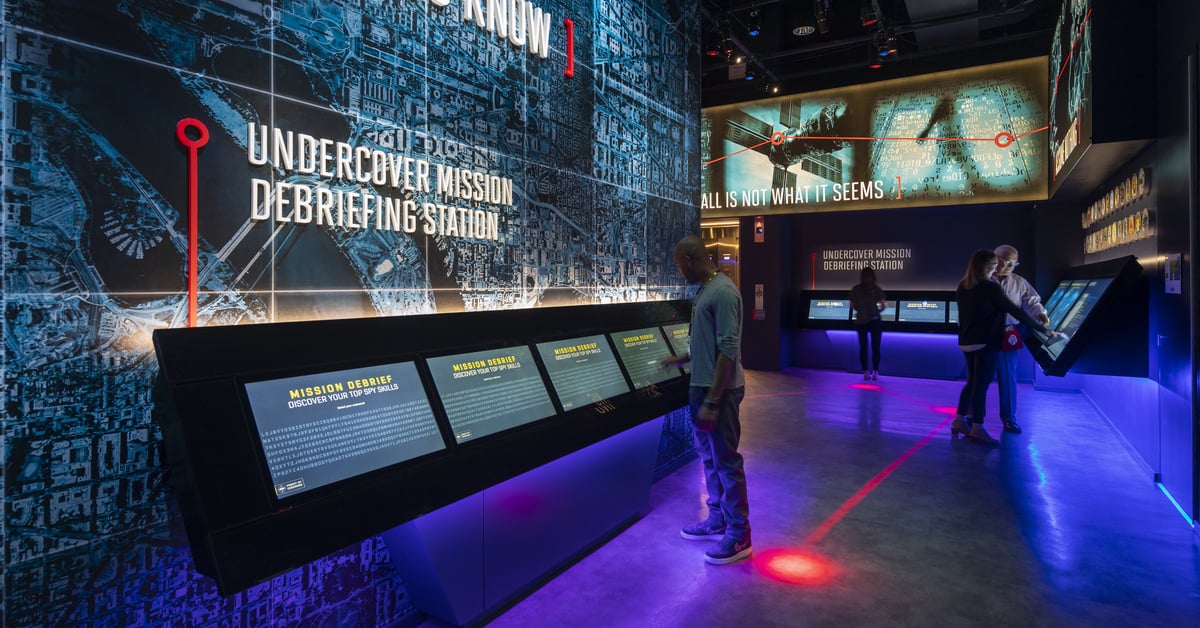











.jpg)


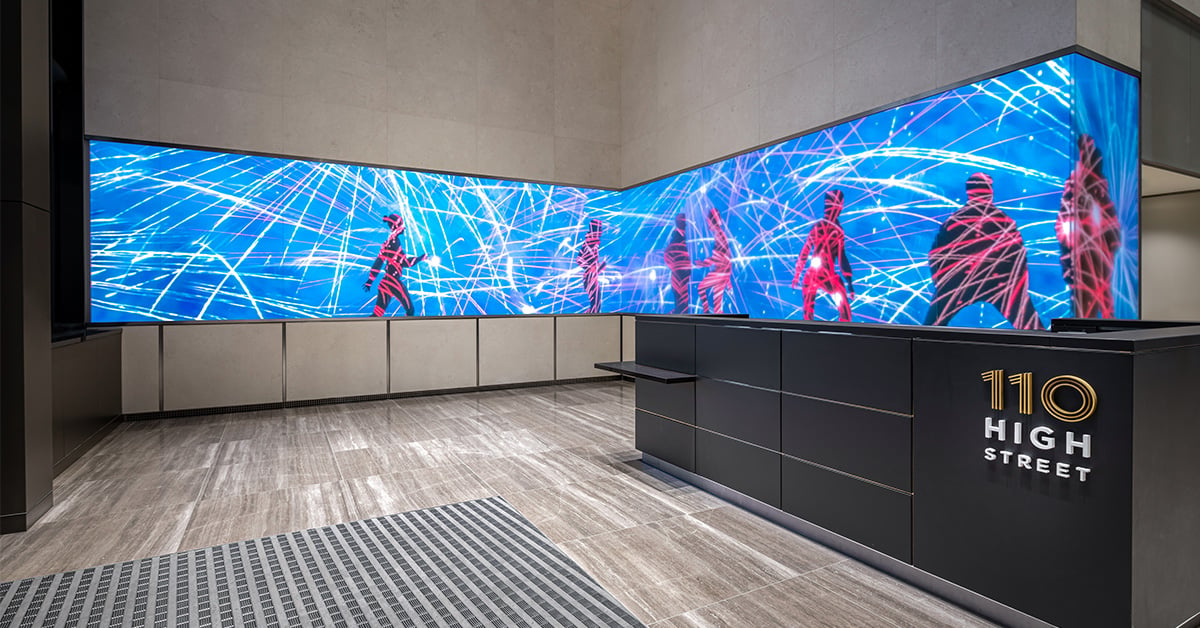

.jpg)




.jpg)
-png.png)











.jpg)


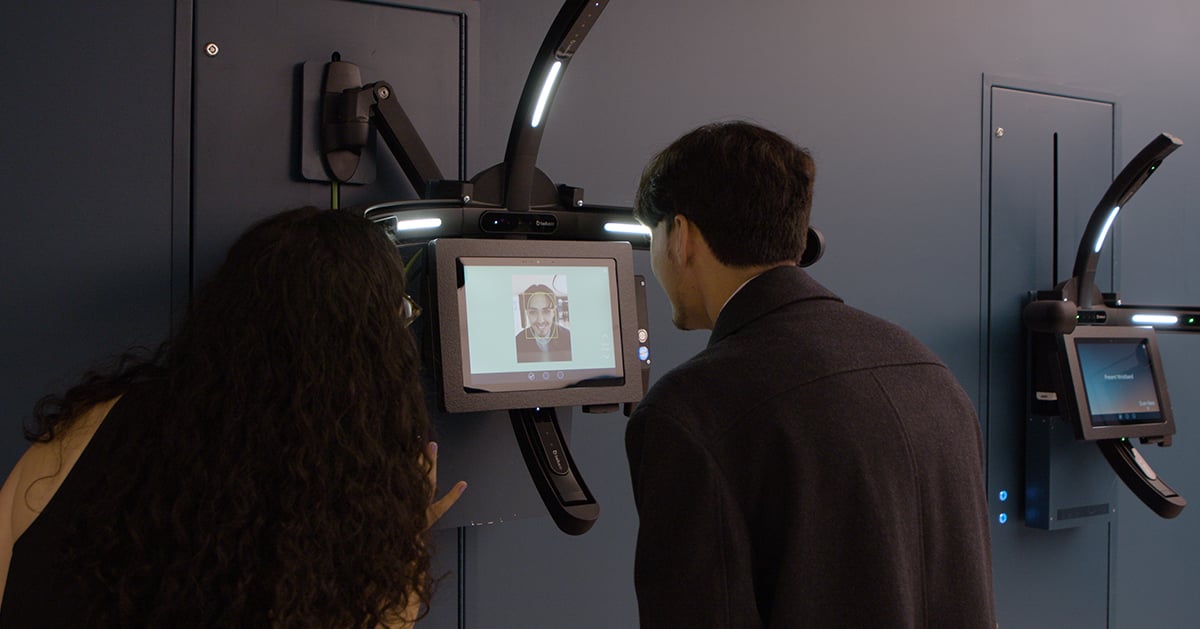


.jpg)


-(1)_1200x629px.jpg)




.jpg)
.jpg)





-RR.jpg)






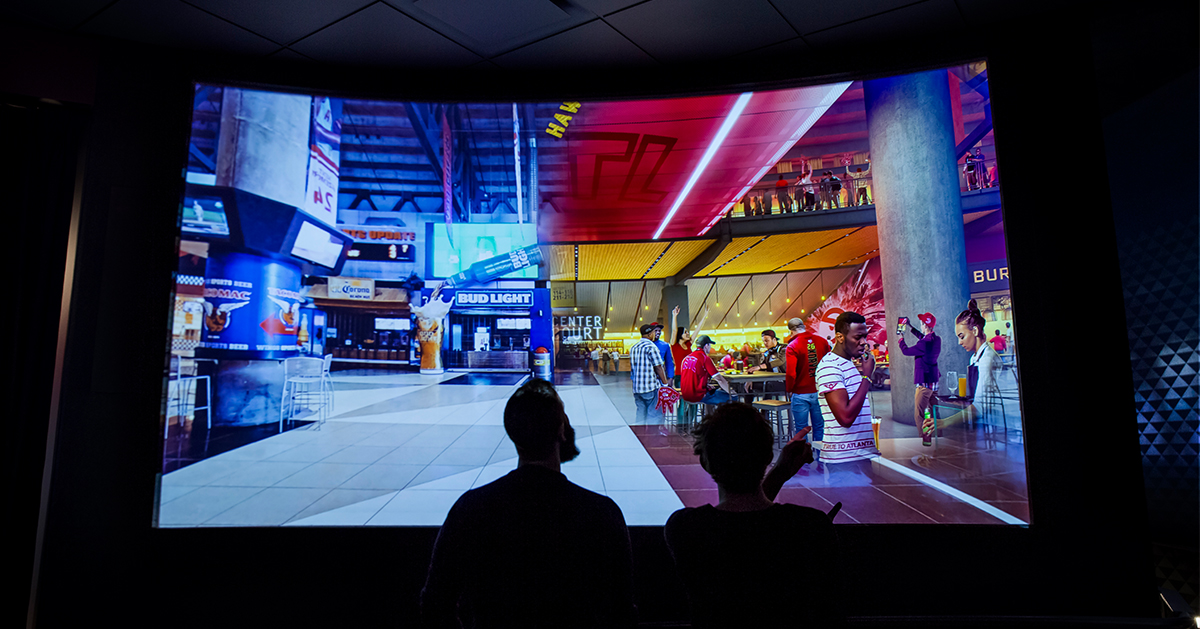
.png)




.jpg)






.png)





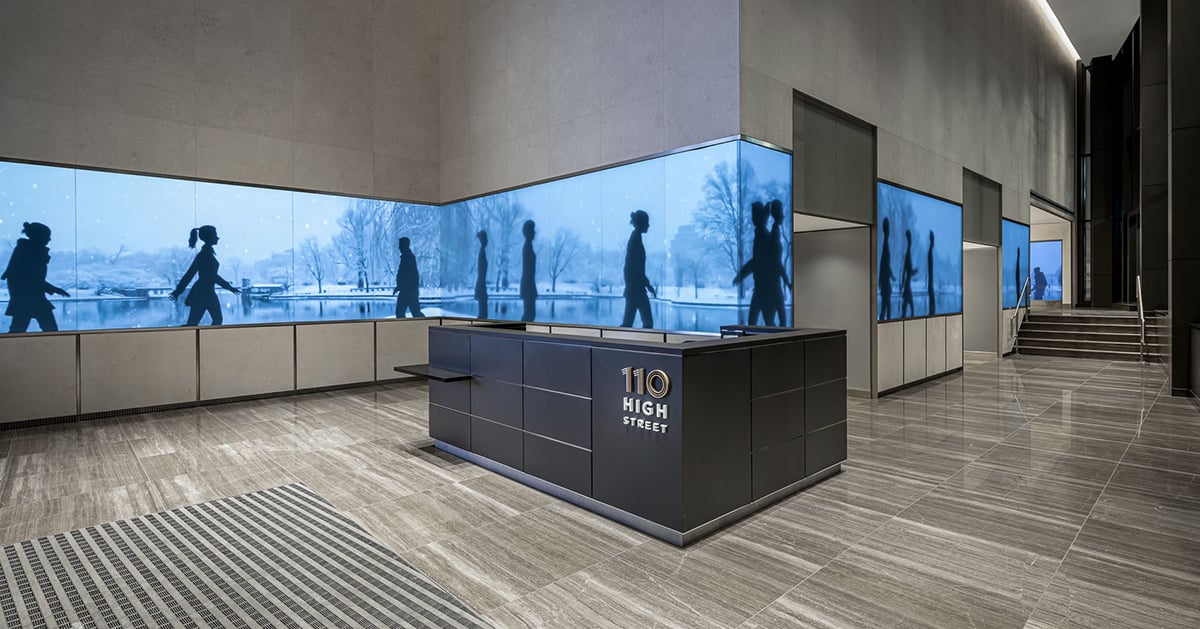














%20(1)-es.jpg)
.jpg)








.jpg)

.jpg)





.jpg)



.jpg)















.png)

.png)
















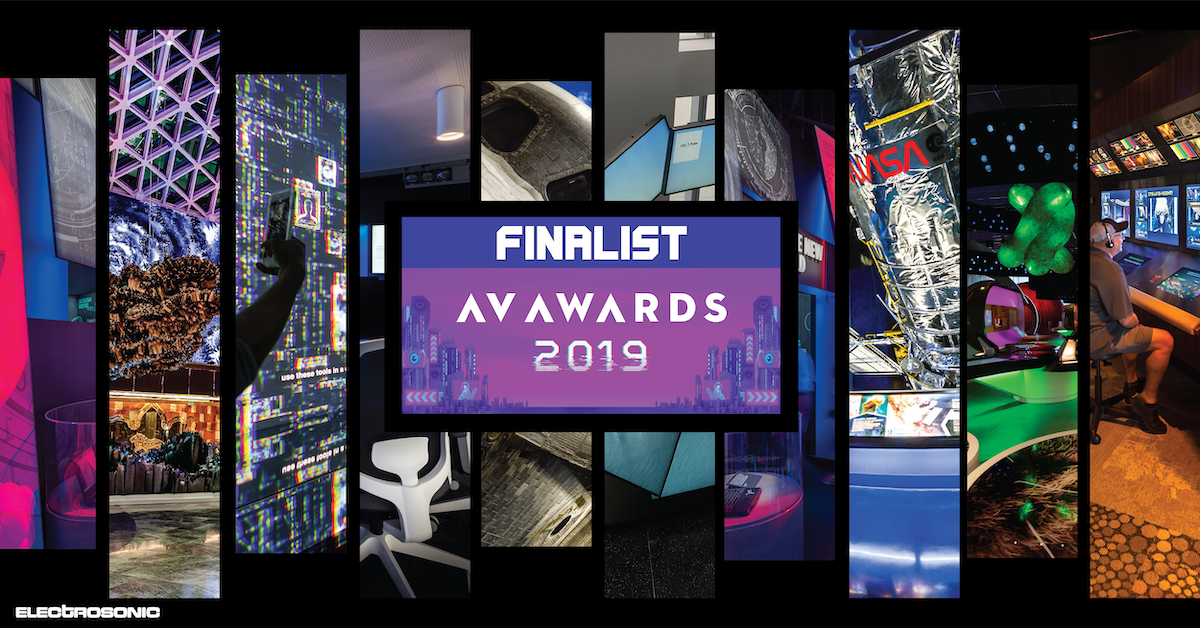












.jpg)
.png)


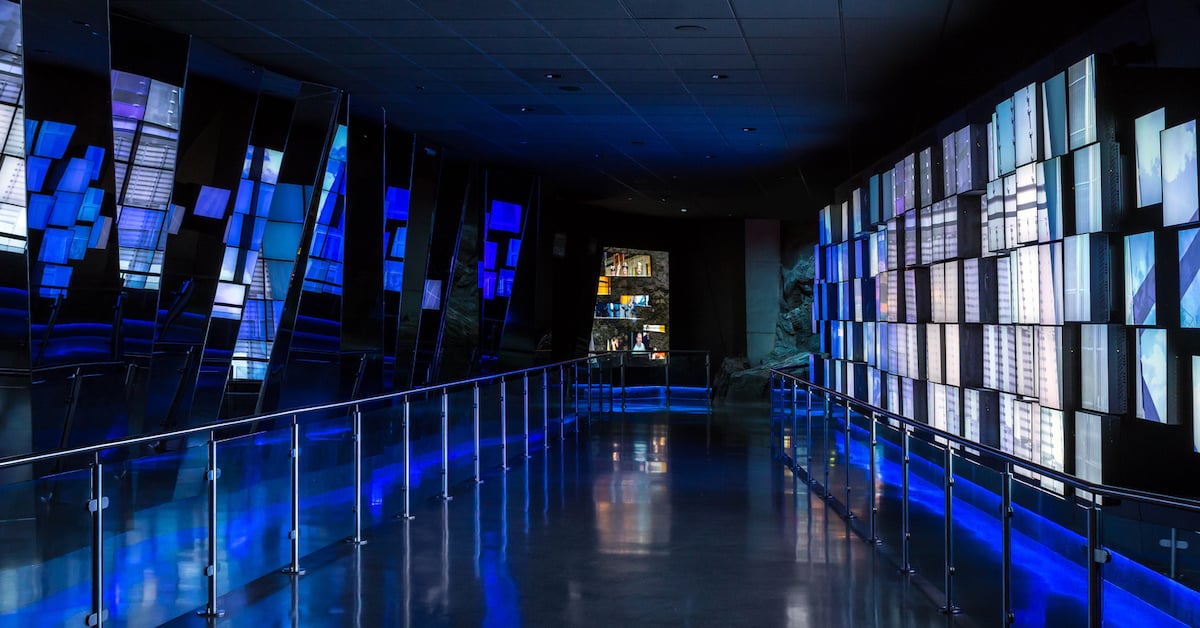


.png)

.jpg)

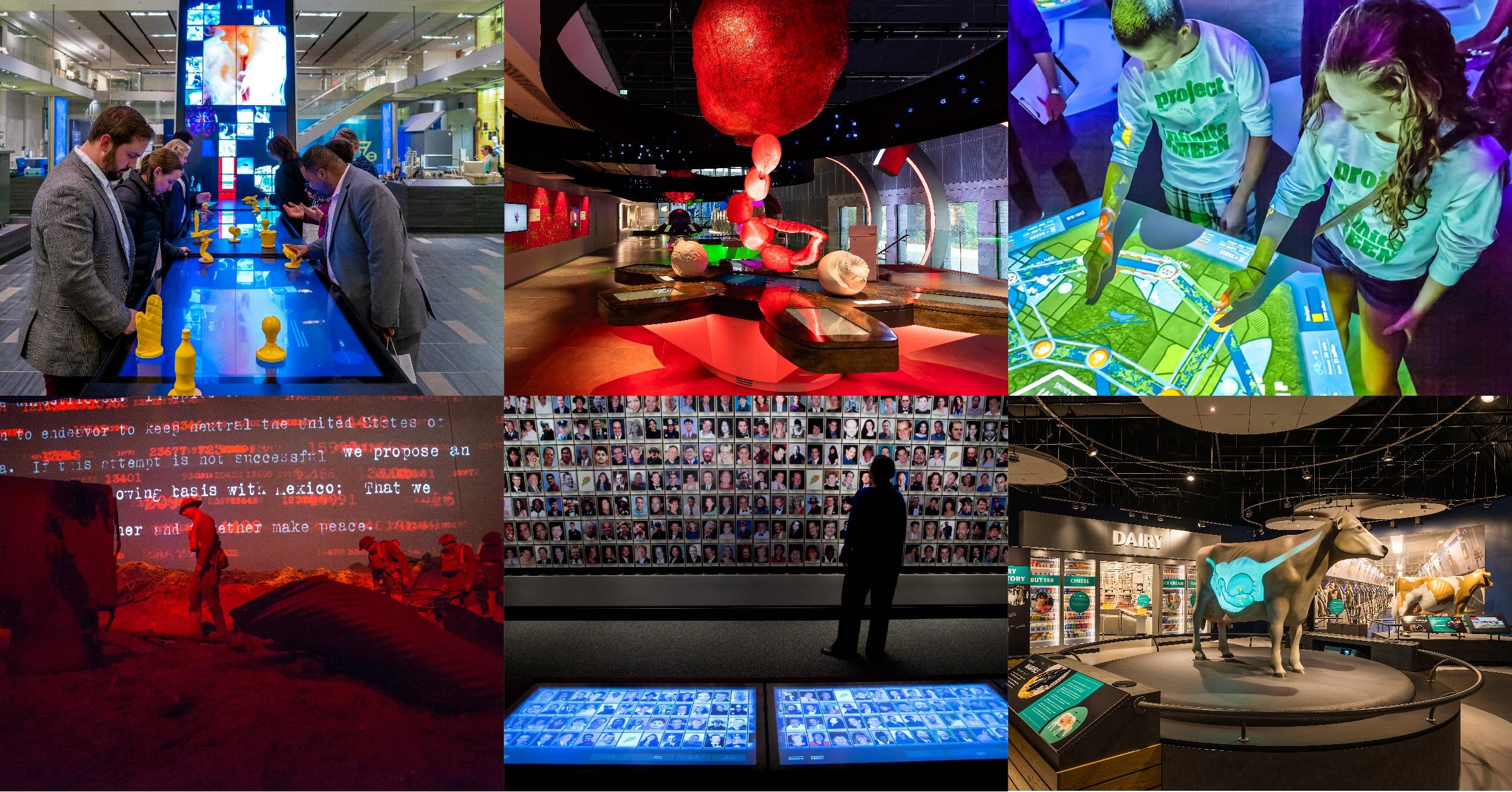
.png)






.jpg)
.jpg)


